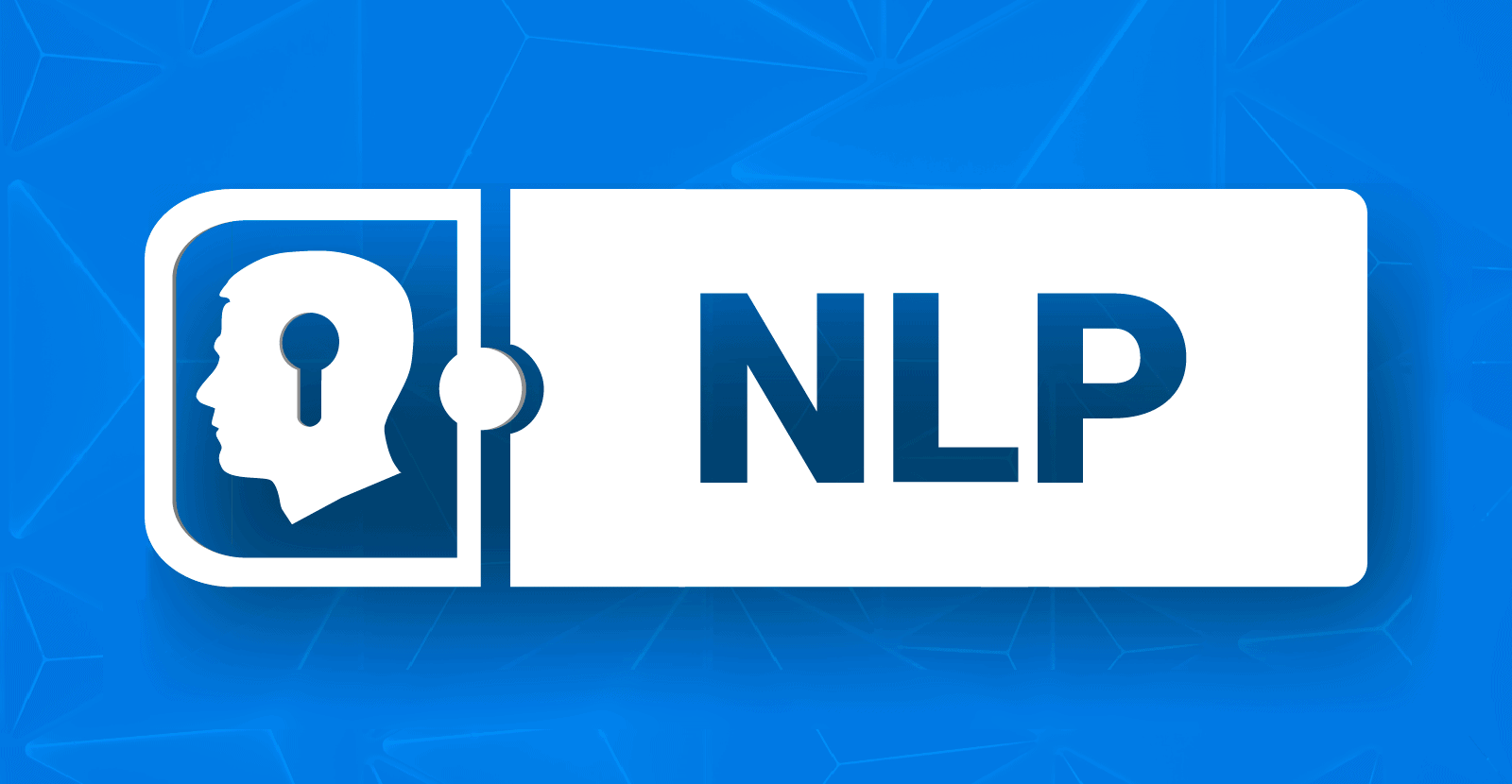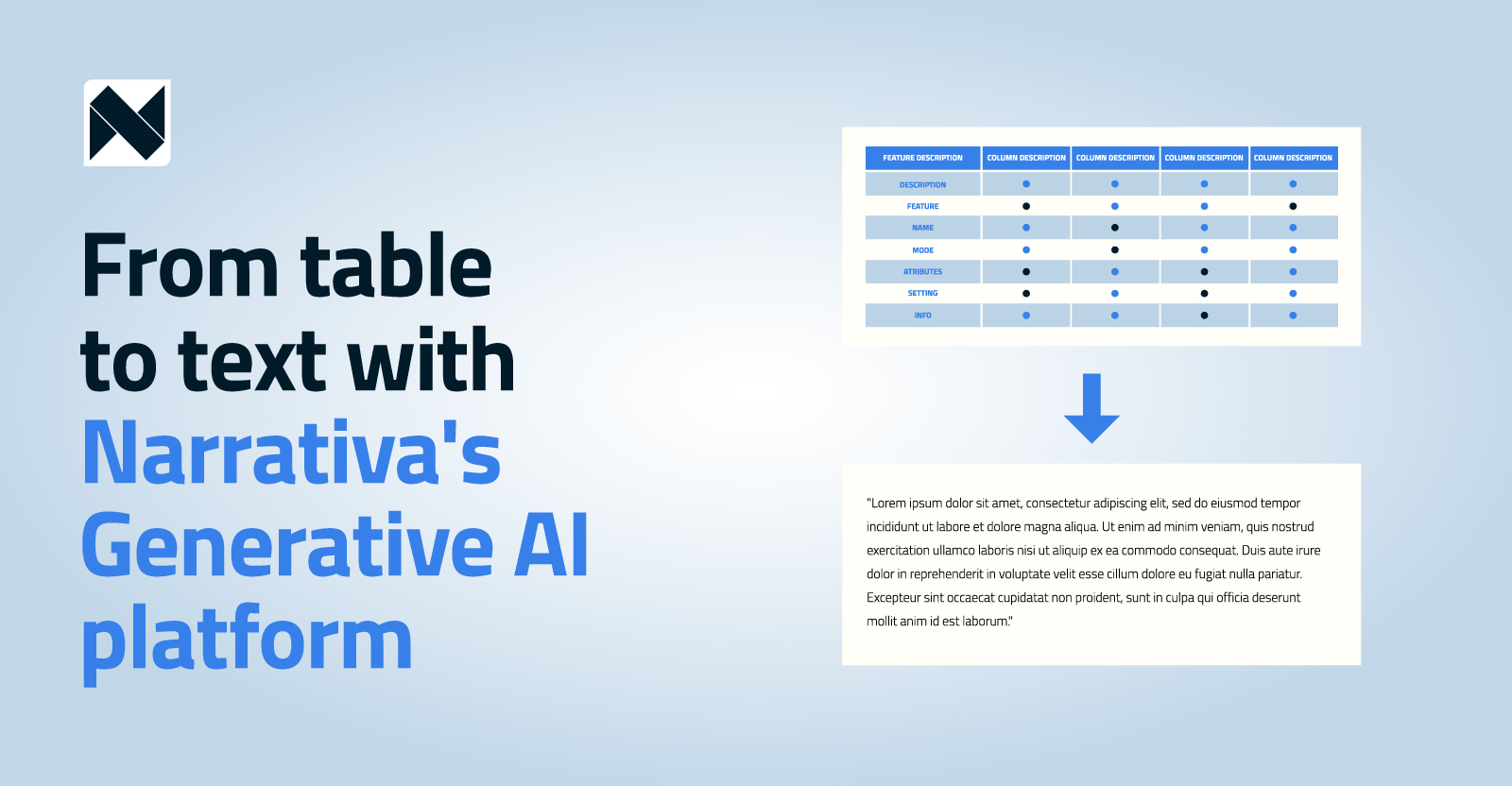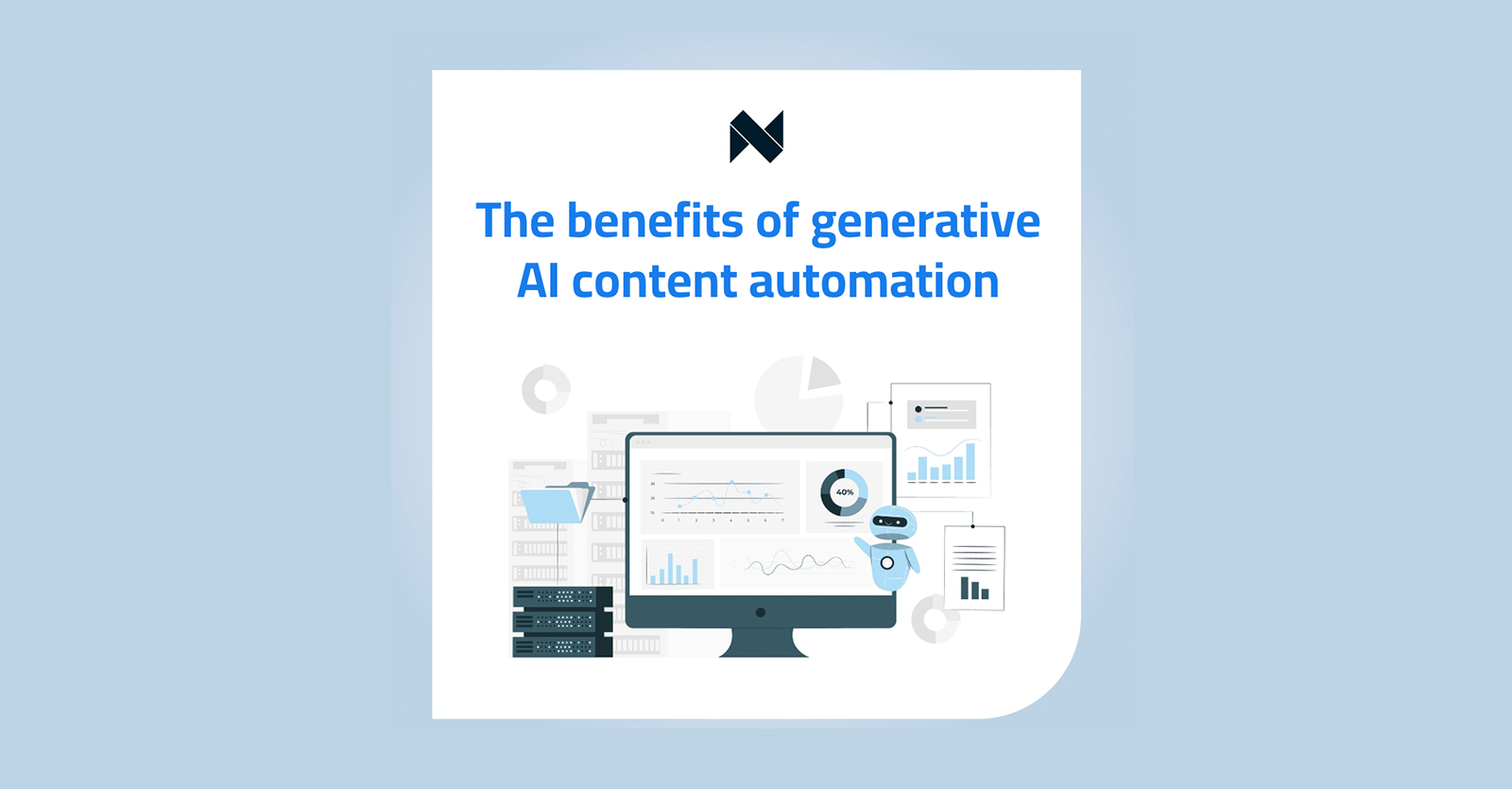August 11, 2020
What is Natural Language Processing (NLP)?

By Narrativa Staff
At Narrativa we often talk about Natural Language Processing (NLP). But what exactly does it involve? It deals with the way artificial intelligence can understand and imitate the natural way that we speak.
Of course, any human language can be imitated by computers, although only the most widely spoken benefit from the most powerful applications and programs. In addition, with any language the words used generally depend on the context. For example, writing a motivational letter for the job of our dreams is going to require different language and syntax than a simple text message to our best friend about his weekend plans. In the same way, language used in an academic or scientific field is also distinct: a researcher in Social Sciences does not use the same terms in their articles as a chemical engineer.
Natural language processing tries to recognize patterns and interpret text to analyze large amounts of data. Effectively, it tries to situate the language within a context. Google, Alexa and even the Spotify recommendation system would not exist with NLP.
Artificial intelligence tries to “imitate” us in order to communicate more effectively and sound more like a human and less like a robot. This is an important step in terms of answering the critics who say that a machine cannot speak like a person.
Natural language processing has many applications and can be used for:
- Information extraction
- Answering questions
- Automatic translation
- Speech recognition
- Generation of natural language.
It is even capable of detecting feelings based on the language we have used.
Are journalists going to disappear?
What are the implications for journalists if a robot can write news like a human? It is a subject which has caused a lot of controversy, but those working in the media should bear in mind that AI only writes text from data and cannot extract meaning from them.
Our news articles aim to free journalists up from repetitive tasks with less value. Our AI Gabriele can report on a football match and do it much more quickly than a human, but only a journalist can do the player analysis, comment on tactics, the performance of the manager, or the long-term implications of an injury to a key player.
Artificial intelligence cannot replace journalists in an analysis of reality.
Marketing will not be the same
Client interaction is vital in the world of marketing. In recent years, we have seen the same situation repeated over and over again: we call a company expecting to speak to a human being and we end up talking to a machine. This becomes annoying as it often prevents us from being able to do what we wanted to do.
This is where natural language processing can come be useful: if machines can sound more like humans, this would transform the customer experience and make it much more positive.
In the same way, many people interact with companies through chatbots, and these also need to respond effectively.
Content for e-commerce has also undergone a revolution. Many companies have an extensive catalog of products that they cannot describe manually. In this link you can see how you can use artificial intelligence to save time and money.
NLP lets us streamline and automate many work processes that are otherwise in many cases impossible for a human to perform.
The future of NLP
Advances in artificial intelligence are attracting more and more attention, both in the media and in society in general. The launch of GPT-3 indicates a bright future for NLP, but there are downsides as well. This technology also enables the generation of fake news, so we should proceed with caution.
What is clear is that digital transformation is advancing at an unstoppable pace, whether we like it or not.
Share







